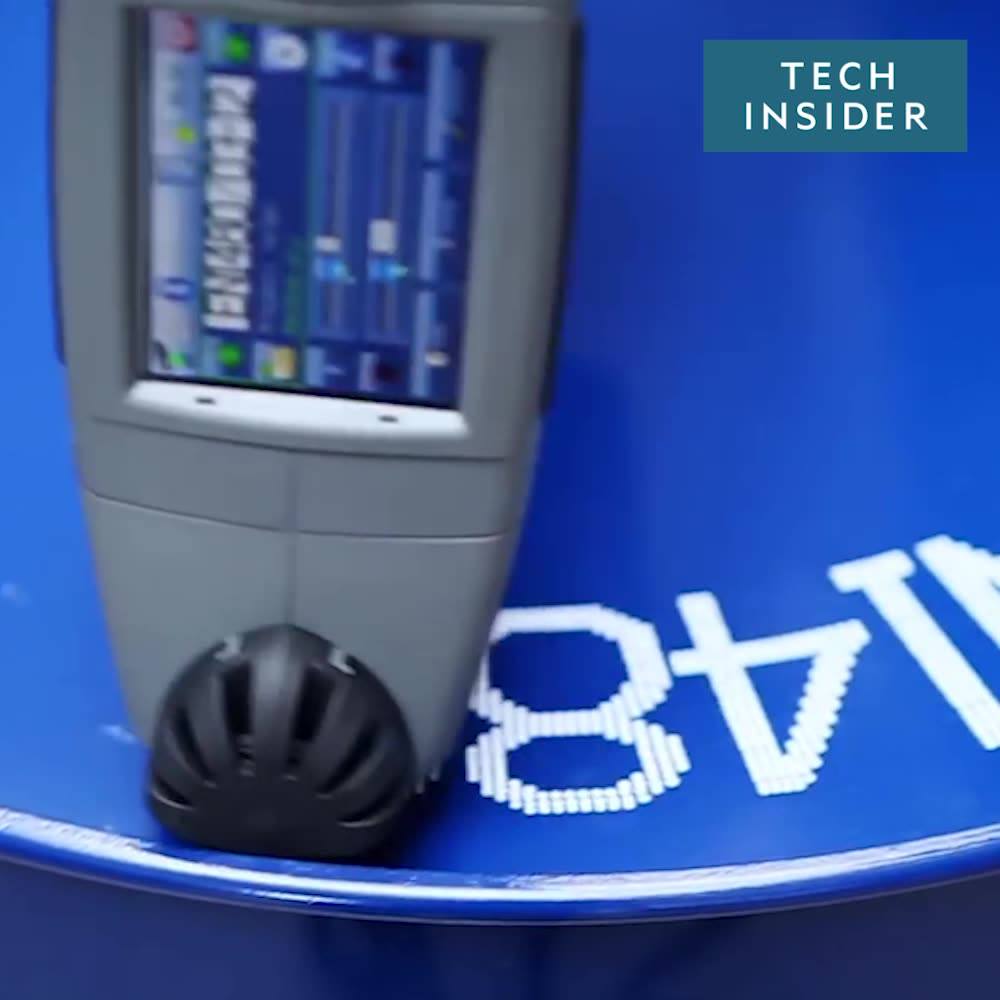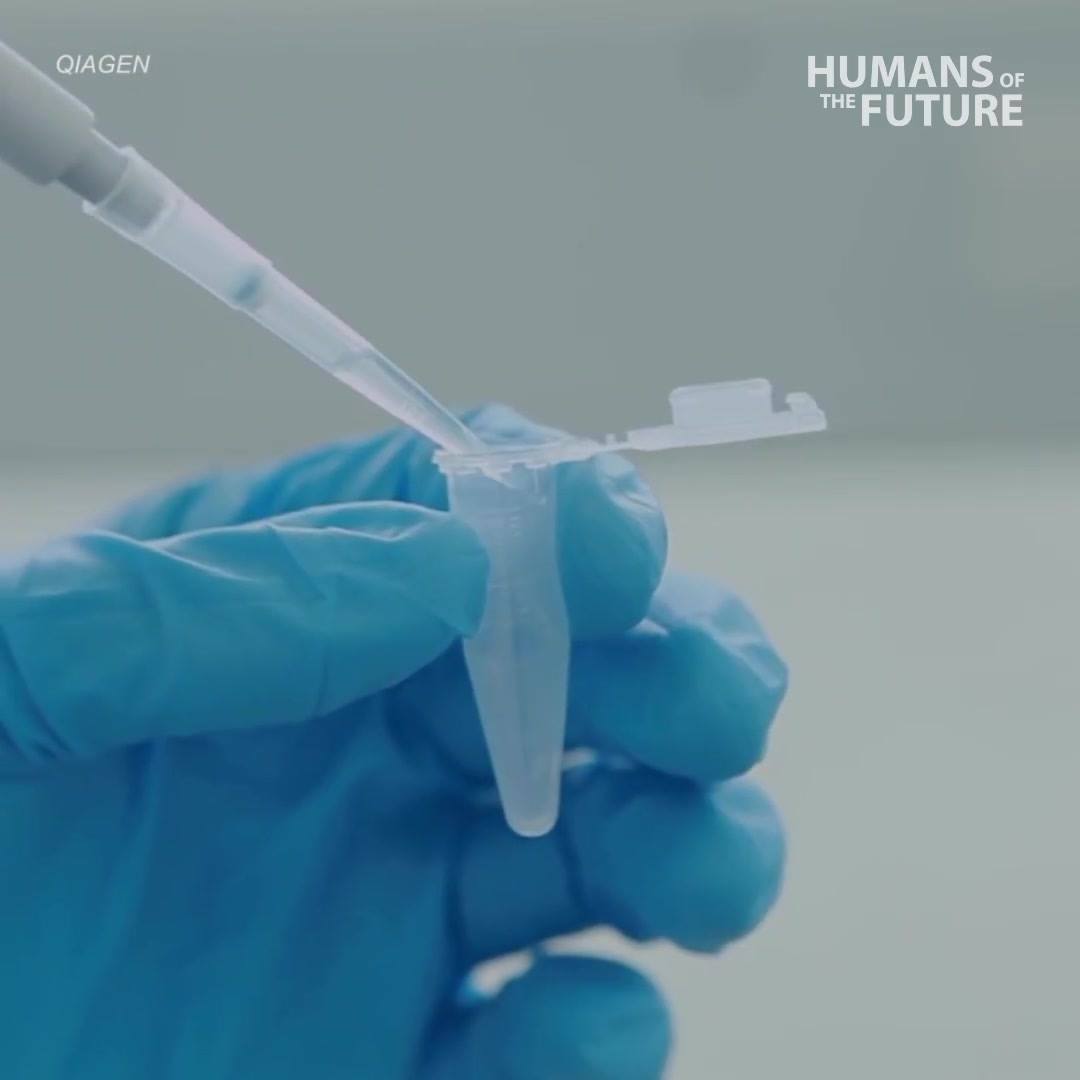Archive for the ‘futurism’ category: Page 1030
Aug 9, 2017
There is a reinvented lawnmower that does all the work for you
Posted by Shailesh Prasad in category: futurism

Aug 9, 2017
Collecting honey from bees is now as easy as turning on a tap
Posted by Shailesh Prasad in category: futurism

Aug 9, 2017
This suit can help the elderly boost their power and regain mobility
Posted by Shailesh Prasad in category: futurism
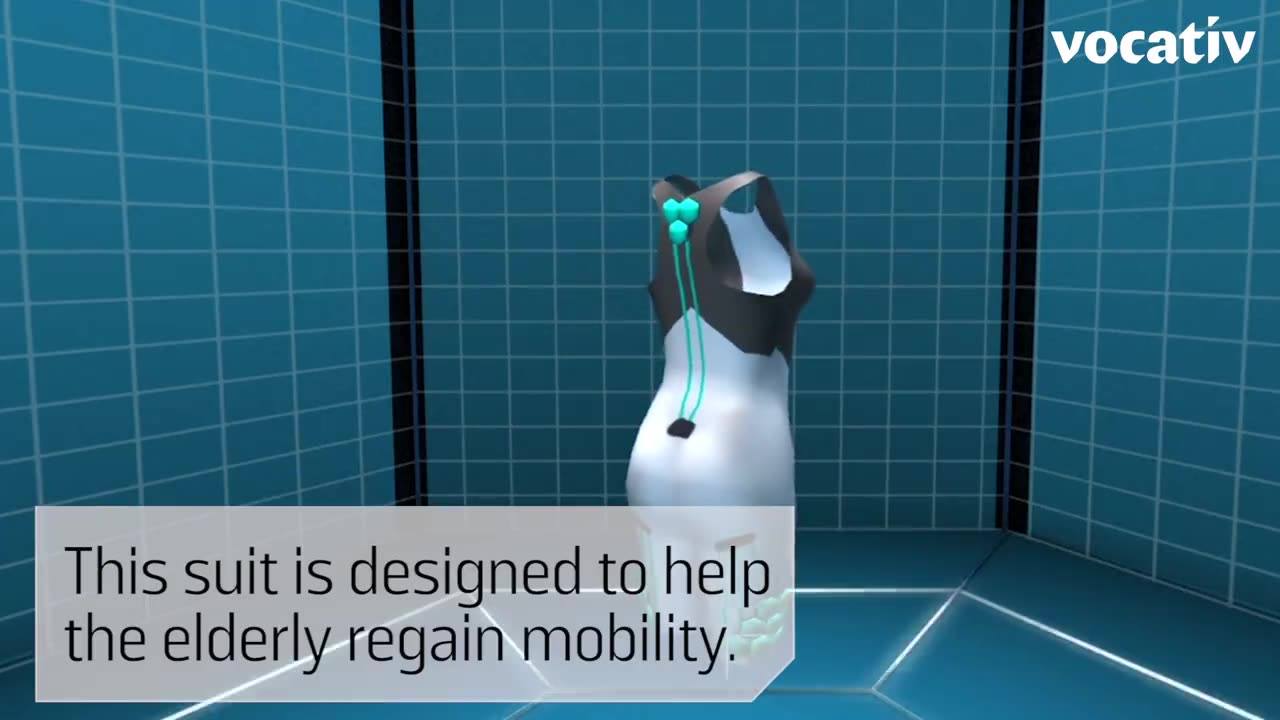
Aug 9, 2017
Eyeglasses have never looked (or functioned) cooler
Posted by Shailesh Prasad in category: futurism
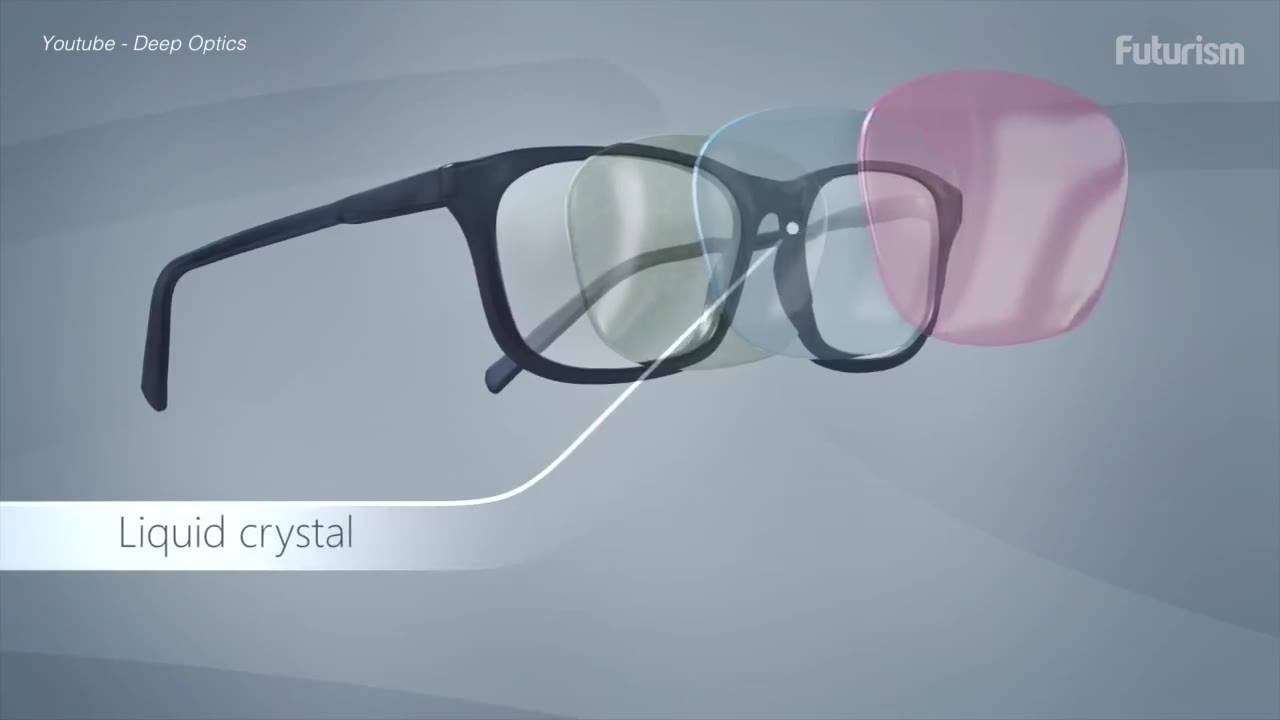
Aug 9, 2017
8 Ways Dating And Relationships May Look Different by 2040
Posted by Shailesh Prasad in category: futurism
Aug 9, 2017
A UK Woman Has an Extra Cone Cell in Her Eyes and Can See More Colors
Posted by Shailesh Prasad in category: futurism
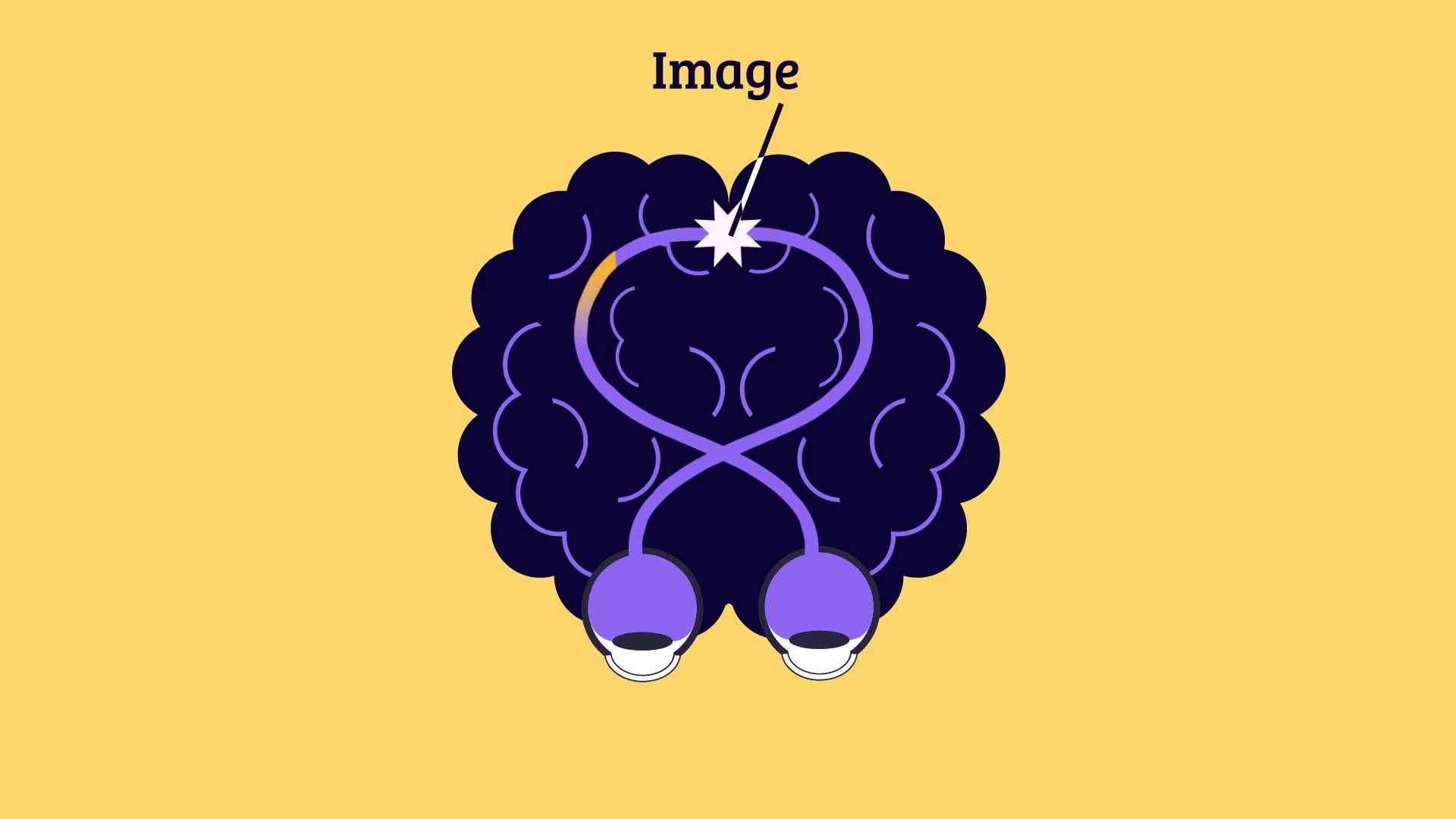
Most people are trichromats, possessing three types of cone cells to see color with. A woman in northern England has four types of working cone cells, which means she has the ability to see far more colors than most of us can.
After more than 25 years of searching, neuroscientists in the UK recently announced that they’ve discovered a woman who has an extra type of cone cell — the receptor cells that detect color — in her eyes.
Continue reading “A UK Woman Has an Extra Cone Cell in Her Eyes and Can See More Colors” »
Aug 9, 2017
One gram of DNA can store up to 1000 YEARS of HDTV content
Posted by Shailesh Prasad in categories: biotech/medical, futurism
Aug 9, 2017
This beehive allows beekeepers to access honey without taking bees out of their hive
Posted by Shailesh Prasad in category: futurism

